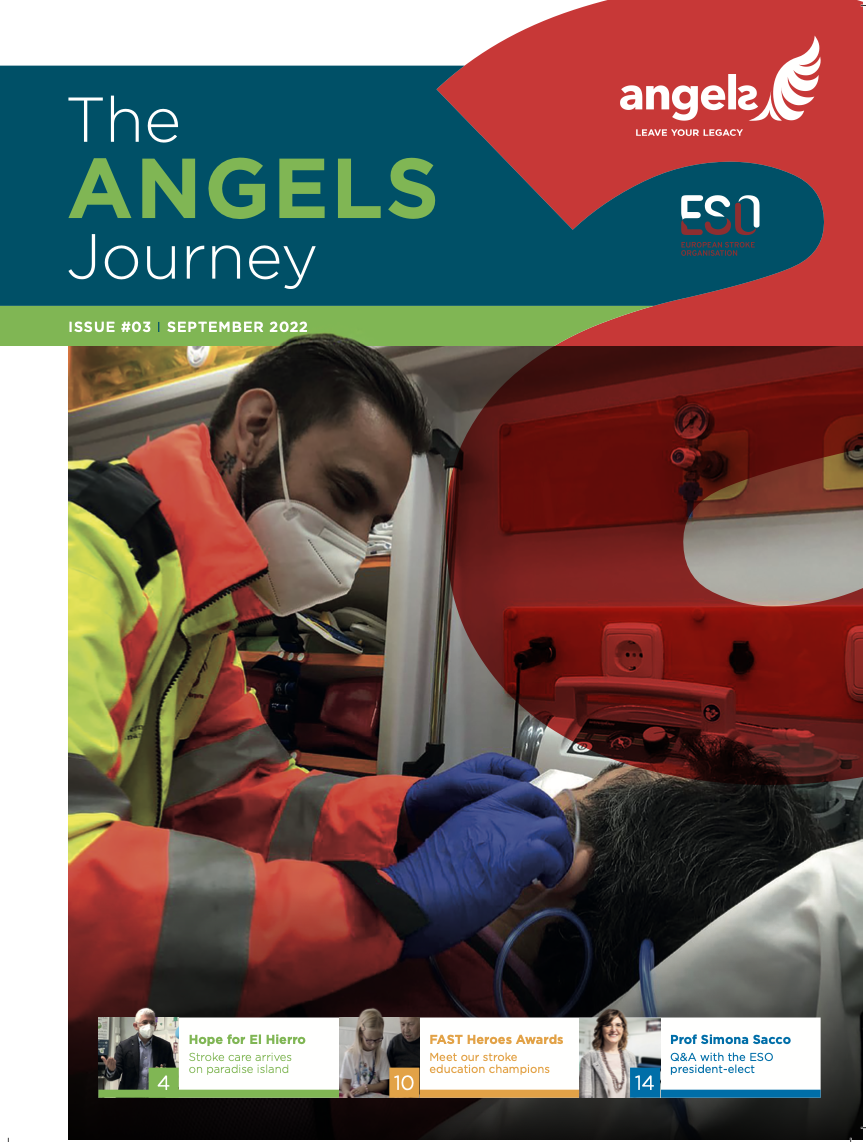
지난 몇 년 동안 많은 개인들이 환자들의 이익을 위해 보여주는 열정과 결심으로 우리에게 영감을 주었습니다. 그러나 뇌졸중 치료 개선이 선명하고 열정적인 개인의 작업일 뿐만 아니라 세상을 변화시키는 것을 목표로 할 때, 여러분은 똑똑하고, 사람들을 돌보는 것 이상의 것이 필요합니다. 부족이 필요합니다.
회사의 성공은 부족에 달려 있습니다. 부족의 강점은 부족 문화에 따라 결정되며, 20개 이상의 조직에서 24,000명을 대상으로 한 10년 연구를 바탕으로 부족 문화에 대한 책에 Dave Logan, John King, Halee Fischer-Wright를 씁니다. 베스트셀러 부족 리더십에서는 목표를 향한 우리의 진전을 돕거나 방해하는 부족 문화의 5단계를 설명합니다.
1단계 부족은 적대적이고 기능장애가 있으며, 그들의 태도는 “생명을 빨아들이는” 아이디어로 요약됩니다. 교도소 괴저는 1단계 부족이지만, 민간인 생활에서 조롱을 하거나, 고용주로부터 훔치거나, 폭력을 위협할 수 있습니다.
2단계 부족은 일반적으로 성과가 낮은 조직 또는 기능장애가 있는 정부 부서에서 발견됩니다. 그들은 또한 삶이 빨려들어간다고 믿지만, 오직 그들을 위한 것입니다. 다른 사람들은 생각보다 더 낫다고 생각합니다. 종종 냉담하고 수동적으로 길항적인 경우, 새로운 관리 이니셔티브에 저항하는 데 의지할 수 있습니다.
3단계는 어느 정도의 성공이 가능해지는 단계입니다. 3단계 부족은 인구의 49%를 차지하며 일반적으로 개인의 노력을 보상하는 환경에서 일하는 스마트하고 주도적인 사람들로 구성됩니다. 3단계 부족의 구성원은 "나도 훌륭하다"고 생각하지만, 똑같이 선물을 받은 사람들로 둘러싸여 있다면 훨씬 더 많은 것을 성취할 것이라고 생각하는 경향이 있습니다. 그들은 성공을 원하지만 곧 유리 천장에 부딪힐 것입니다. 단, 훌륭한 개인이 되는 것에서 훌륭한 팀이 되는 것으로 넘어갈 수 있는 경우는 예외입니다.
4단계 부족은 팀워크와 창의성을 소중히 여깁니다. 그들은 “나도 훌륭하다”라는 표현을 “우리도 훌륭하다”는 생각으로 대체했습니다. 여기서 재능 있는 개인은 함께 일할 때 더 많은 것을 성취할 수 있다는 것을 깨닫게 됩니다. 부족의 약 22%만이 이 단계에 도달합니다.
진정한 성공을 맛보고 싶다면 4단계가 가장 좋은 곳입니다. 그러나 세상을 바꾸고 싶다면 5단계 부족이 되는 것을 목표로 해야 합니다. 부족의 약 2%만이 이 단계에 도달하지만, 이 무대에 도달하면 세계를 변화시킵니다. 5단계 부족은 3단계를 넘어 팀으로 일함으로써 더 많은 것을 달성할 수 있다는 것을 깨달은 매우 지능적인 사람들로 구성됩니다. 그러나 4단계 부족과 차별화되는 것은 모두 더 높은 목적을 믿는다는 것입니다. 이 목적은 세계를 변화시키는 원동력입니다.
Logan et al에 따르면, 부족이 4단계에서 5단계로 이동할 수 있게 하는 두 가지 중요한 요인이 있습니다. 즉, 핵심 가치를 식별하고 활용하며 고귀한 원인에 대해 조율하는 것입니다. 그들은 "그 외 모든 부족은 이 구조물들 사이에 끼워야 합니다. 프로젝트, 활동, 이니셔티브, 프로세스는 가치에 의해 촉진되고 부족의 비전을 향해 도달하지 않는 한, 이러한 기본 원칙과 일치할 때까지 또는 순조롭게 진행될 때까지 재고해야 합니다. 회사들이 컴퓨터 기술로의 업그레이드를 완료하는 방식에서 핵심 가치와 고귀한 원인을 절대 '확인'할 수 없습니다."
Angels 여정의 최신 호에서는 3단계 부족이 어떻게 핵심 가치가 일치하고 모두가 새로운 고귀한 대의를 받아들였을 때 엘히에로라는 작은 화산 섬에서 4단계 부족이 되었는지 알아볼 수 있습니다. Péterfy Hospital에서 일하는 또 다른 4단계 부족을 볼 수 있습니다. Budapest는 팀워크에 대한 믿음이 가장 힘든 상황에서도 의사들이 치료의 질을 유지하는 데 도움이 되었습니다.
최초의 FAST 히어로상 행사에서 우리의 보고서보다 핵심 가치에 대한 더 나은 교훈은 없습니다. 폴란드의 Elbieta Januszkiewicz는 "FAST 히어로 프로그램을 통해 아이들은 우리가 장려하고자 하는 가치를 경험할 수 있습니다. 그들은 예의를 지키고, 다른 사람을 돕고, 지식을 얻고, 공유하는 것이 누군가의 생명이나 건강을 구할 수 있는 ‘초능력’이라는 것을 알게 됩니다.”
고귀한 원인인 Bogotá’s Simón Bolívar Hospital의 신경과 전문의인 Claudio Jiménez 박사는 이렇게 말합니다. “어느 때라도 우리는 함께 일함으로써... 우리는 신경학의 우수성 중심 그 이상을 달성할 것이며, 그 후 우리는 우리와 모두에게 소속된 장소를 구축할 것입니다.”
복잡한 것을 단순하게 만들기 위한 노력은 Angels의 핵심 가치이며, 폴란드의 사전 알림에 대한 이야기보다 더 나은 예를 찾기가 어려울 것입니다.
또한 유럽에서 뇌졸중 치료에 대한 자신의 비전에 대해 ESO의 현재 선출직 Simona Sacco와 이야기하고 우리 부족의 두 명의 새로운 구성원을 소개합니다. 소위 유아 Angels Inês Carvalho(포르투갈)와 Eleni Panoutsopoulou(그리스)는 Angels 컨설턴트로서 첫 몇 달에 대한 생각을 공유합니다.
변화에 대한 여러분의 이야기, 즉 공유하는 것이 우리의 특권이며, 또한 우리를 변화시킵니다. 이는 우리의 부족이 세상을 변화시키는 목적인 환자를 위한 더 나은 결과로 이어지는 귀하의 성공의 일부가 됩니다.




